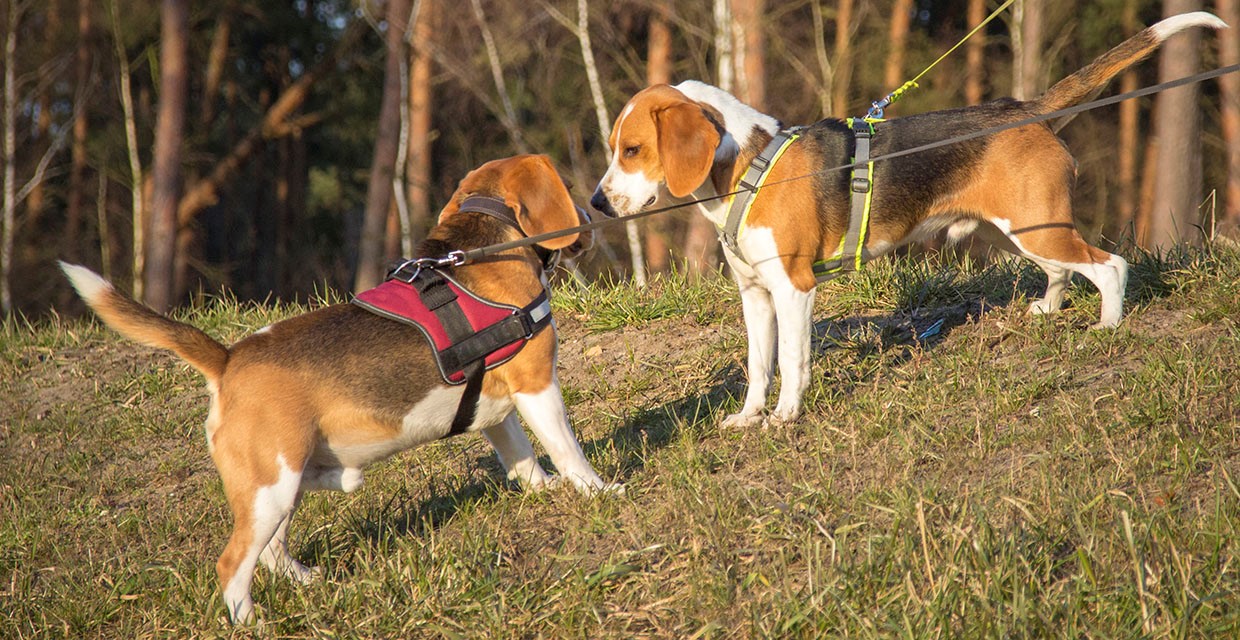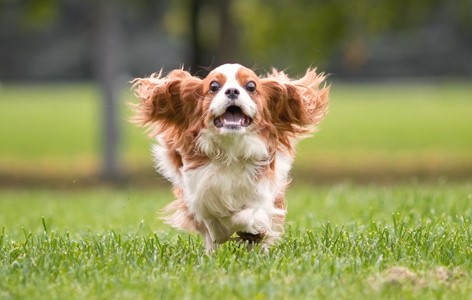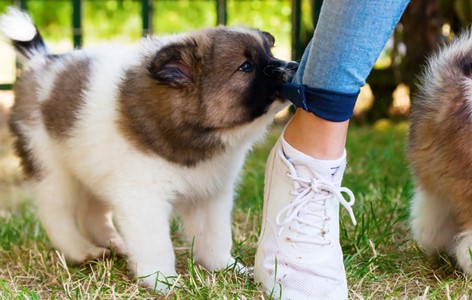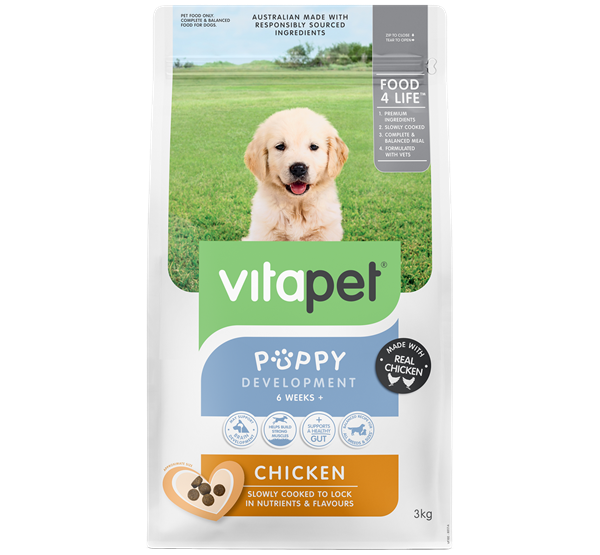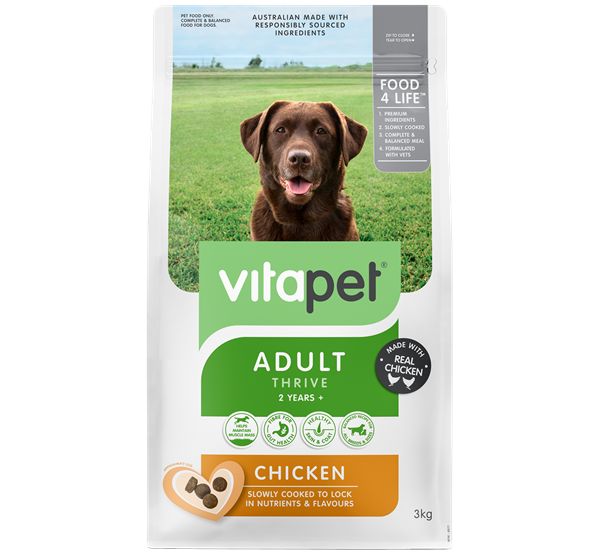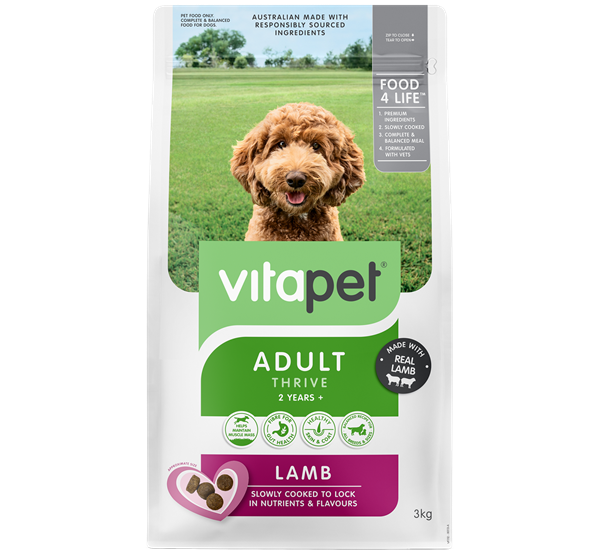How to Socialise your Puppy
Think of the best mannered dog you know, the one that walks perfectly on the lead and can play with all the other dogs; that dog was well “socialised”.
In this five-minute video, Dr Kersti really explains socialisation, so that you don’t miss this critically important part of your puppy’s development that will shape them for the rest of their life.
The 3 things you need to know about puppy socialisation and habituation.
The 3 things you need to know about puppy socialisation and habituation.
Socialisation means learning to accept and tolerate members of your own and other species in close proximity. The socialisation period for a puppy happens between 3 weeks to 3 months of age. This is when they really form their impressions of the world and others, and very much shapes how they respond to others when they are older. It’s important to distinguish here that socialisation is not “playing”. Habituation is simply getting used to things (like living on a busy road and getting used to the traffic).
1. How do you socialise with other dogs?
Puppy preschool! This is so your puppy can learn to interact safely and positively with other dogs and get used to interacting with lots of new humans. When you choose your puppy school, make sure the trainer only uses positive reinforcement and that there are no more than six puppies in the class. Keep in mind that puppies all have different personalities, like people. Some are introverts and others are extroverts.
2. How do you socialise with other people?
Slow and steady, don’t force your dog to interact with every person they meet or throw a dog party straightaway. Reward your puppy when they are quiet and calm, this is a great behaviour to reinforce.
3. When do you socialise?
The easiest and best time to do this is between three weeks to three months, however you can do this at any time or any age. Respect your dog for who they are, by this we mean if your dog isn’t comfortable in certain situations (e.g. swimming at the beach) then don’t force them to participate. If you’re afraid of heights, chances are you avoid them. This isn’t considered a behaviour problem. If your puppy is overly aggressive or reacting abnormally, or dangerously then certainly seek out a trained professional.












